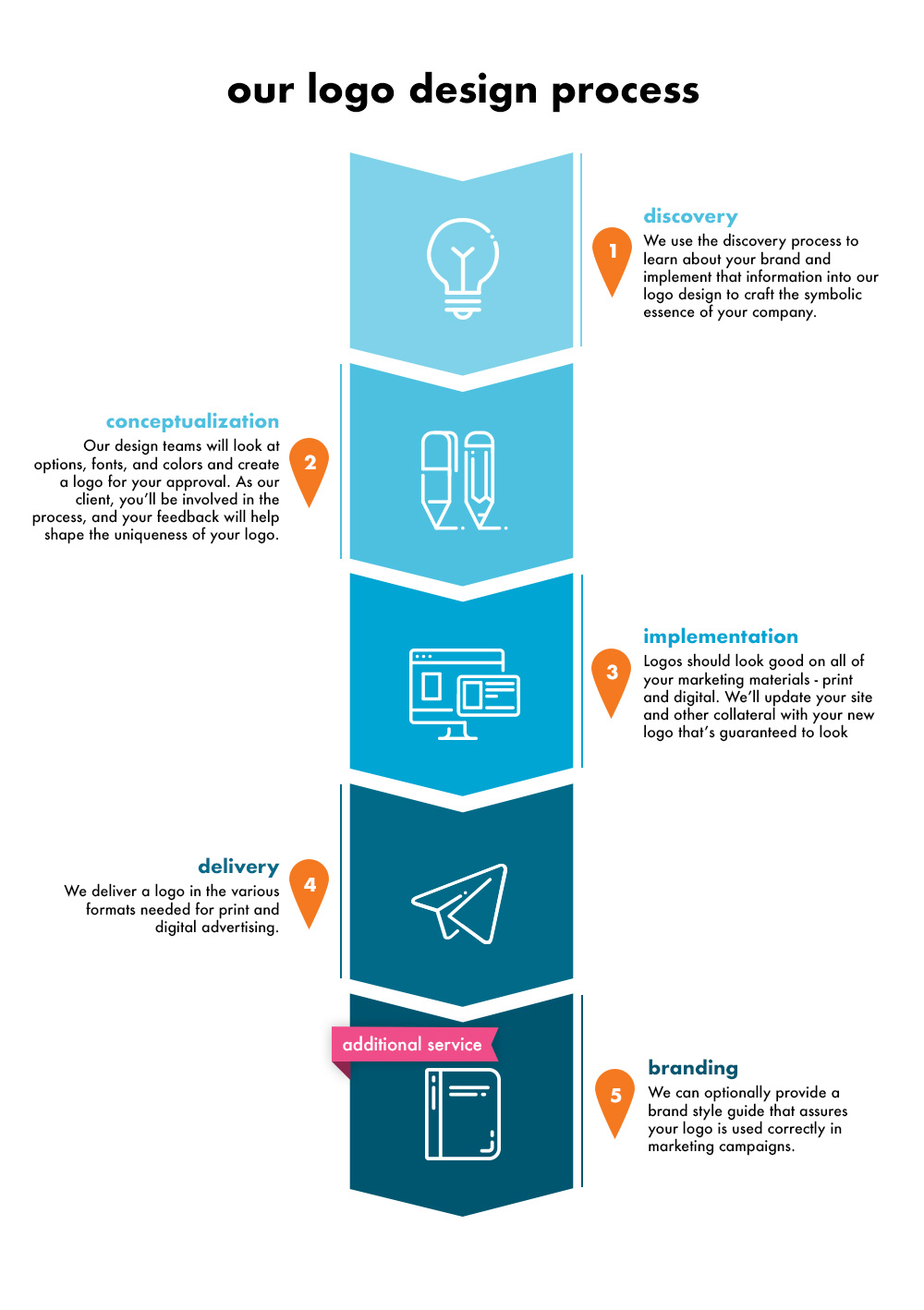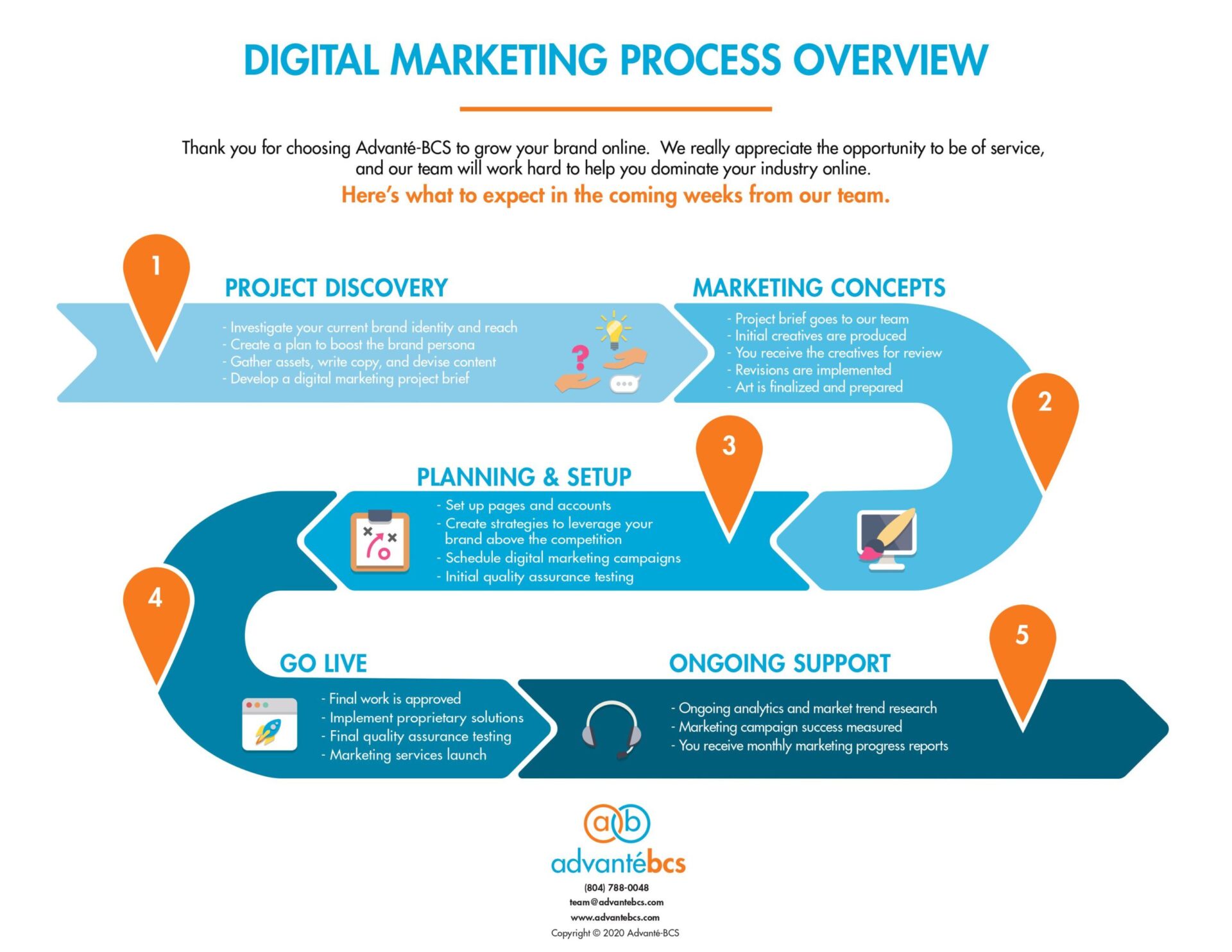
As more businesses turn to influencer marketing, you can’t scroll social media without seeing a content creator speaking to their audience about the latest product or service they are promoting. Since the rise of social media, the 2010s introduced us to the world of captivating online audiences with partnerships to gain authority and brand recognition.
There is no denying it is effective—in 2022, it was reported that the market expanded to a $16.4 billion industry. This can be attributed to the widespread success of short video formats on TikTok, YouTube, and Instagram, as well as the pandemic, which increased social media consumption.
While influencer marketing steadily gains popularity and brands have seen major growth with the partnerships, it is not a one size fits all strategy.
What is influencer marketing?
Influencer marketing is a marketing strategy that involves brands collaborating with content creators to promote or endorse their products or services. These individuals have varying follower sizes and the ability to influence their community through social media channels.
Five categories of influencers are differentiated by the size of their following and their level of prominence. Nano-influencers have a minimum of 1,000 followers and appear to be more genuine with true involvement from their audience, in contrast to micro-influencers who start at 10,000 followers and usually specialize in a certain area of content creation.
Mid-tier influencers hold a follower count of greater than 50,000 and are well-versed in the needs of their viewers. When they have 500,000 followers, macro-influencers are viewed as having a certain degree of celebrity status on the internet and produce higher-quality content. Mega-influencers usually have a follower count of over one million, and are often celebrities, such as actors, with connections to prominent brands and a broad audience.
What to Consider with Influencer Marketing
Influencer marketing relies heavily on target demographics so for certain brands, it will not be the right fit. Gen Z and Millennials are more interested in social media and online personalities with 72% following influencers on social media. Older generations are less likely to engage online or be influenced, but they shouldn’t be discounted completely. If your target audience is outside the scope of digital trends, the less likely you are to see results from influencer campaigns.
An influencer’s audience should align with your target demographics otherwise the campaign won’t be successful. The length and number of campaigns should be considered as well as the platform used. Single collaborations are less likely to have a positive impact compared to an ongoing campaign, a cross-channel campaign, or a partnership with the influencer consistently producing content with your product or services.
Influencer marketing isn’t the end-all, be-all of digital marketing strategies, but you need to be informed on and have a good understanding of your target audience because it factors into the success of influencer campaigns.
Social media creates a unique opportunity to connect with your customers where they are spending the most time online. Our social media strategies are curated with your business and demographics in mind, so you reach the right audience on the appropriate social platform. Contact us online or call (804) 788-0048 for more information on elevating your social media presence.





























